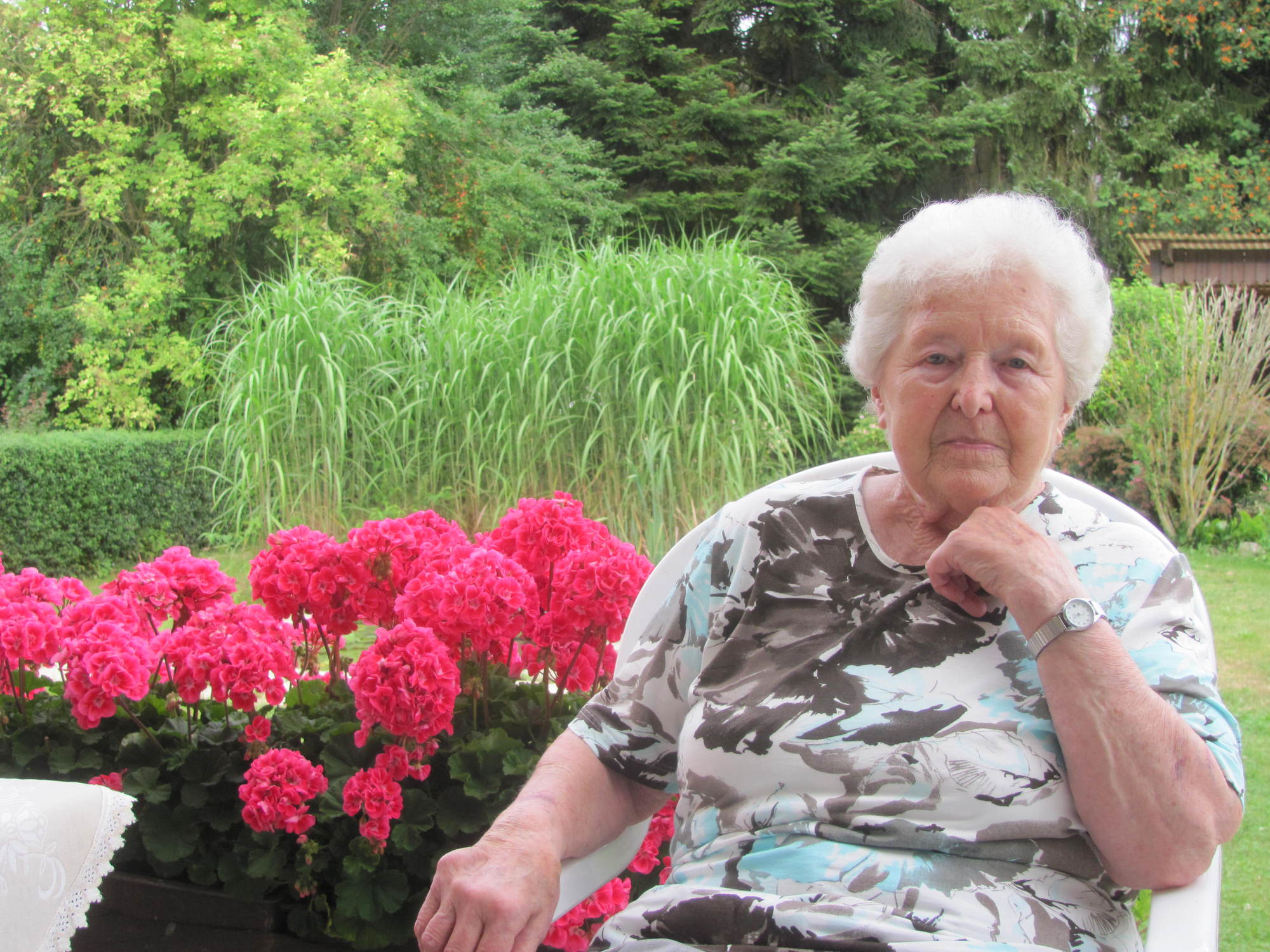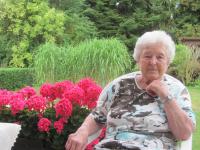I was so angry, it‘s hard to imagine

Stáhnout obrázek
Elsa Pecher was born on June 15, 1923, in Tisová (Eibenberg) near Kraslice (Graslitz), in the vicinity of Karlovy Vary. The Bavarian border to the Vogtland was situated just a few hundred meters outside of their house. Both of her parents were workers who were active in associations close to the Social Democratic party. Her father was the chairman of the council in the factory where he worked. He was also a member of the trade unions, the SPD and of the Worker‘s Association. Thus, Elsa Pecher was predestined to grow up in the children‘s and youth organizations of the worker‘s movement, such as the Worker‘s Gym Association. After the Sudetenland had been annexed to Germany in 1938, her father was assigned to forced labor in the Reich. Pecher herself was sent to forced labor in 1942 - being just one of two of her whole class - for her political beliefs. Until the end of the war, she was assigned to forced labor in various labor camps throughout Germany, the last one being nearby Augsburg. Shortly before the end of the war, in April 1945, she was released from the camp and had to take the troublesome journey home. In the period following the war, her father at first had a job and the family was thus not immediately banished to Germany. It was only in 1947, when an Antifa transport took them to a refugee camp in Mettenheim. In 1948, she married her husband, who likewise originated in the Sudetenland. They shortly afterwards moved to Waldkraiburg, where she lives until today.
